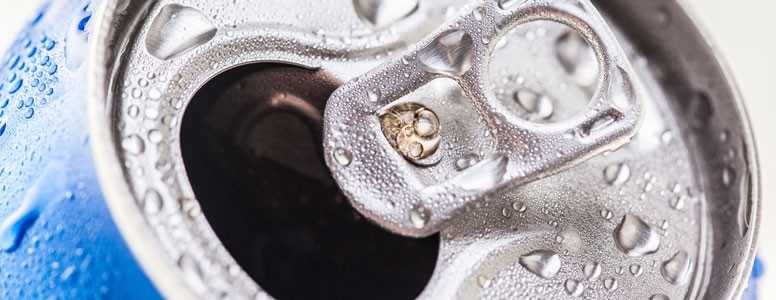PepsiCo Inc has announced that at least two third of its drinks will have reduced added sugars by 2025.
Food and drink manufacturers such as PepsiCo are under increasing pressure to limit the amount of added sugar in the drinks – with obesity and type 2 diabetes rates at all-time high levels – and PepsiCo’s new target is more ambitious than its previous one.
Originally, the New York-based giant had aimed to reduce added sugar by 25 per cent in certain drinks by 2020. Now, it is planning on scaling back global production of beverages containing more than 100 calories from added sugars in a standard 330ml can.
Currently, around 60 per cent of PepsiCo’s beverages contain more than 100 calories from added sugars; the aim is to reduce that figure down to 33 per cent by 2025.
Pepsi, the company’s flagship beverage, contains 135 calories and 36 grams of sugar (nine teaspoons) in a 330ml can.
The World Health Organization (WHO) recommends that no more than 10 per cent of an adult’s daily energy should be from free sugar, which equates to roughly 12 teaspoons of sugar a day. A single can of regular Pepsi therefore contains 75 per cent of this figure.
This month, the WHO backed the introduction of a sugar tax, which it believes would help “save lives” and reduce cases of obesity and type 2 diabetes.
Work is being done in the UK to tackle sugary drinks – the government announced the introduction of a voluntary target in August for the food and drink industry to reduce sugar in products by 20 per cent in 2018, or they would face a tax.
PepsiCo has also set targets for lowering sodium and saturated fat in their other products, such as snacks and dips, by 2025.
On the surface, it is a positive move that PepsiCo is looking to reduce the proportion of its drinks that are highly sugary. But it is important that consumers are aware that sugary drinks become harmful when consumed on a regular basis.
People with diabetes, or at risk of developing type 2 diabetes, are generally advised to avoid sugary drinks altogether unless treating a hypo.
What's new on the forum? ⭐️
Get our free newsletters
Stay up to date with the latest news, research and breakthroughs.







